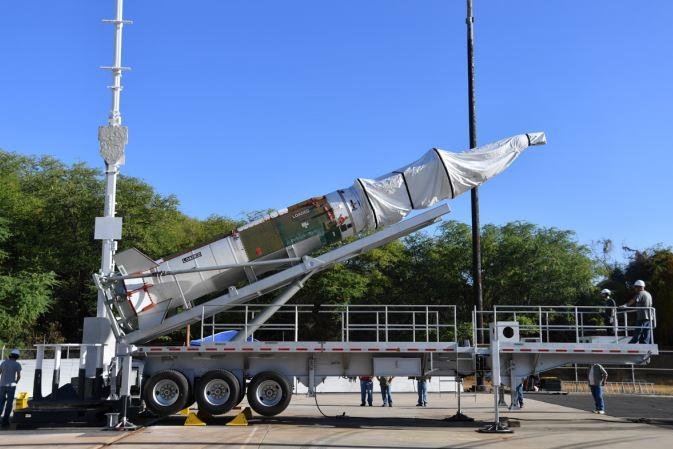Sept. 23 (UPI) -- Orbital Sciences Corp. received a $1.1 billion contract with the Missile Defense Agency for missile defense targets, the Defense Department announced.
The company, based in Chandler, Ariz., and a subsidiary of Northrop Grumman Innovation Systems, will build "threat-representative subscale targets with simple and complex re-entry vehicles," the Defense Department said on Friday.















